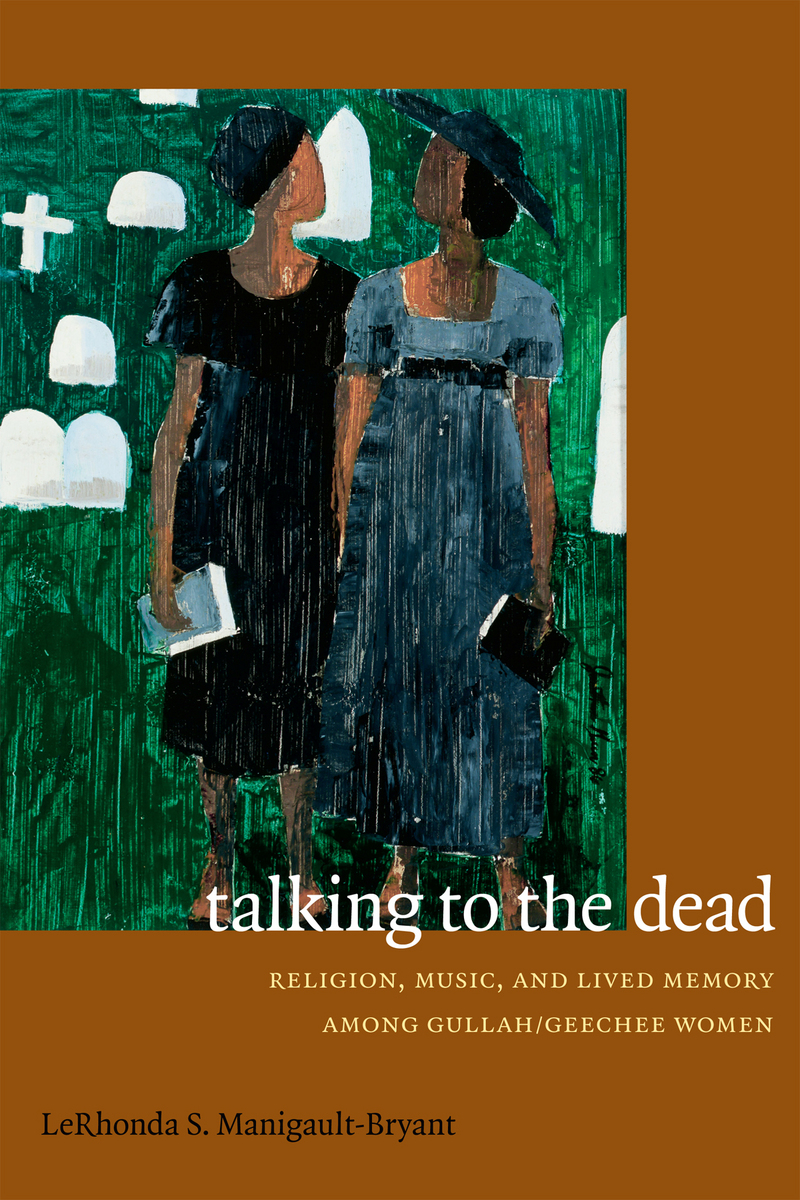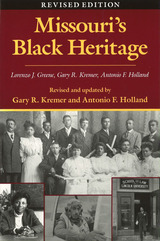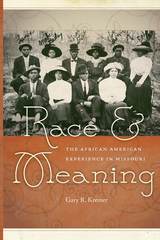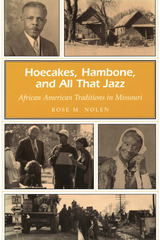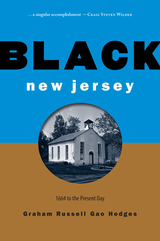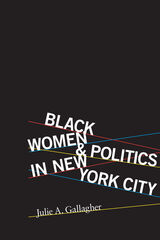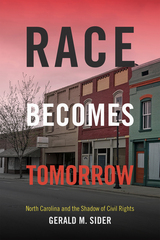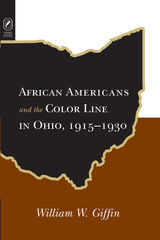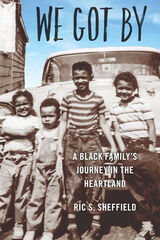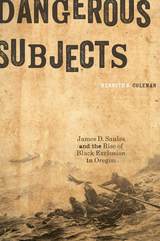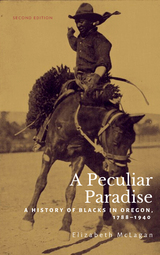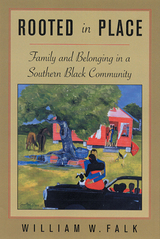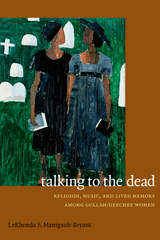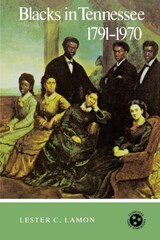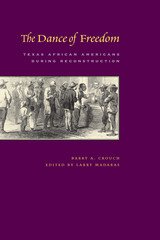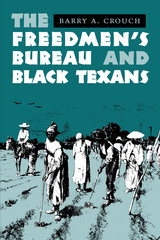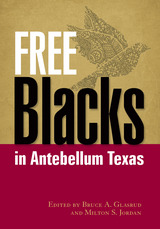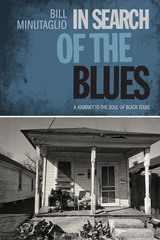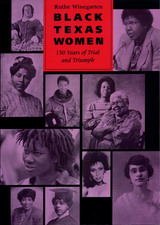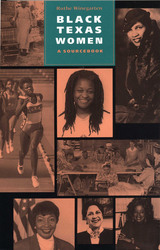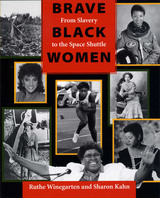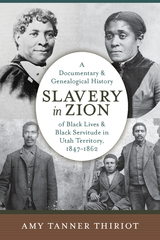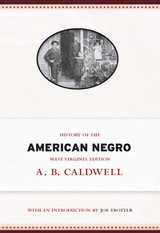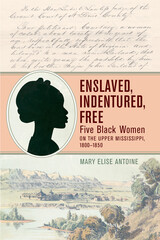Talking to the Dead: Religion, Music, and Lived Memory among Gullah/Geechee Women
Duke University Press, 2014
Paper: 978-0-8223-5674-5 | eISBN: 978-0-8223-7670-5 | Cloth: 978-0-8223-5663-9
Library of Congress Classification E185.93.S7M36 2013
See other books on: Dead | Religious life | Religious life and customs | South Carolina | Spirituality
See other titles from Duke University Press
Paper: 978-0-8223-5674-5 | eISBN: 978-0-8223-7670-5 | Cloth: 978-0-8223-5663-9
Library of Congress Classification E185.93.S7M36 2013
ABOUT THIS BOOK | AUTHOR BIOGRAPHY | REVIEWS | TOC | REQUEST ACCESSIBLE FILE
ABOUT THIS BOOK
Talking to the Dead is an ethnography of seven Gullah/Geechee women from the South Carolina lowcountry. These women communicate with their ancestors through dreams, prayer, and visions and traditional crafts and customs, such as storytelling, basket making, and ecstatic singing in their churches. Like other Gullah/Geechee women of the South Carolina and Georgia coasts, these women, through their active communication with the deceased, make choices and receive guidance about how to live out their faith and engage with the living. LeRhonda S. Manigault-Bryant emphasizes that this communication affirms the women's spiritual faith—which seamlessly integrates Christian and folk traditions—and reinforces their position as powerful culture keepers within Gullah/Geechee society. By looking in depth at this long-standing spiritual practice, Manigault-Bryant highlights the subversive ingenuity that lowcountry inhabitants use to thrive spiritually and to maintain a sense of continuity with the past.
See other books on: Dead | Religious life | Religious life and customs | South Carolina | Spirituality
See other titles from Duke University Press
